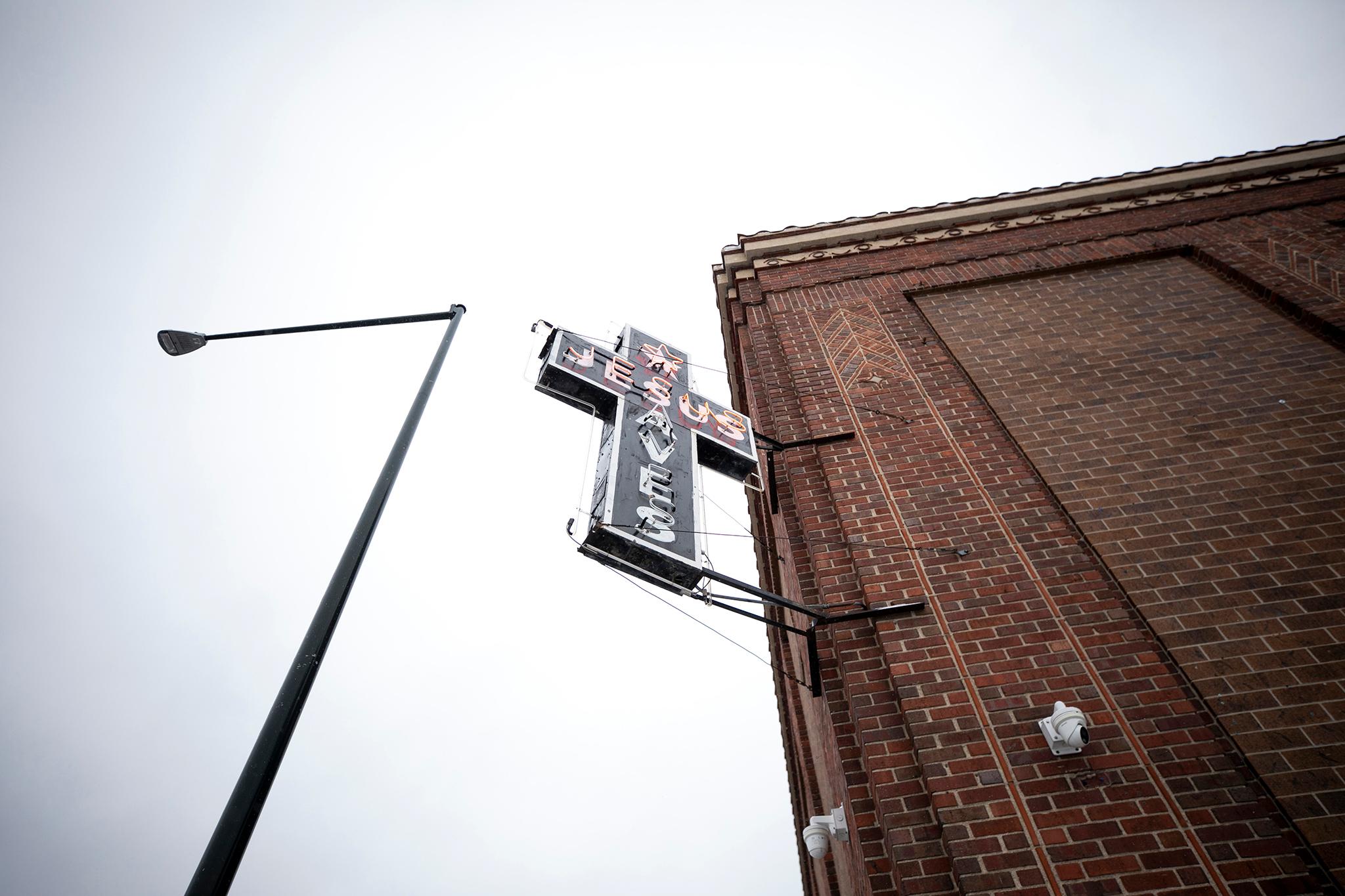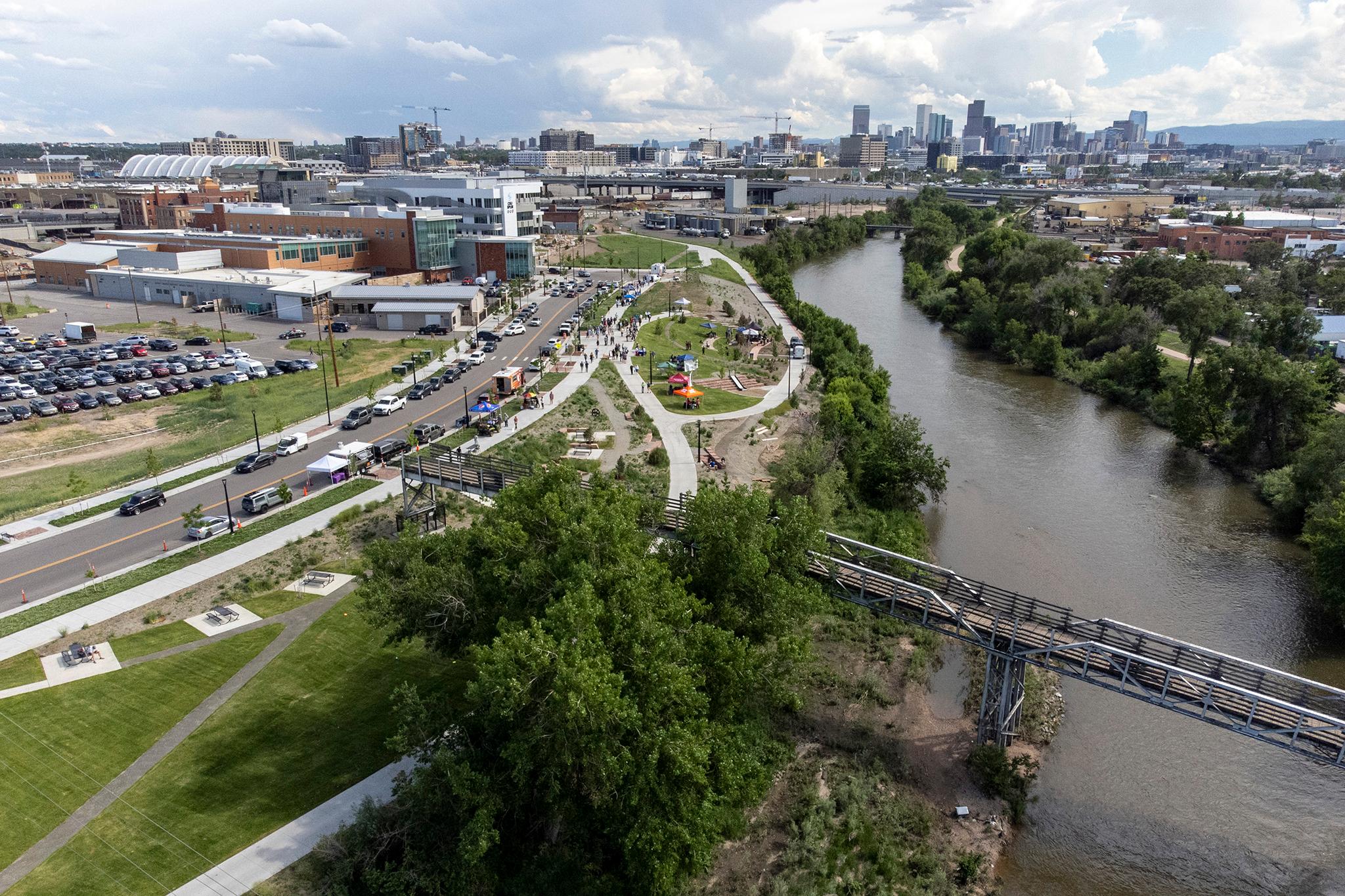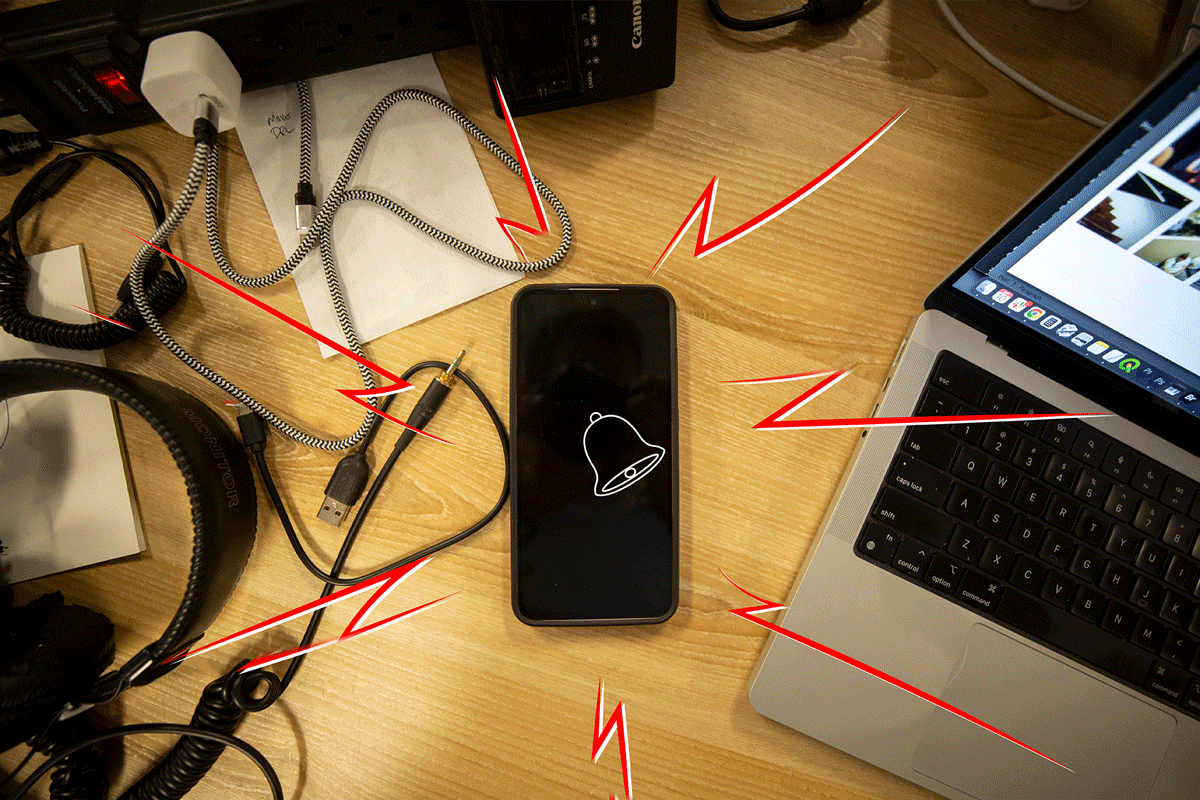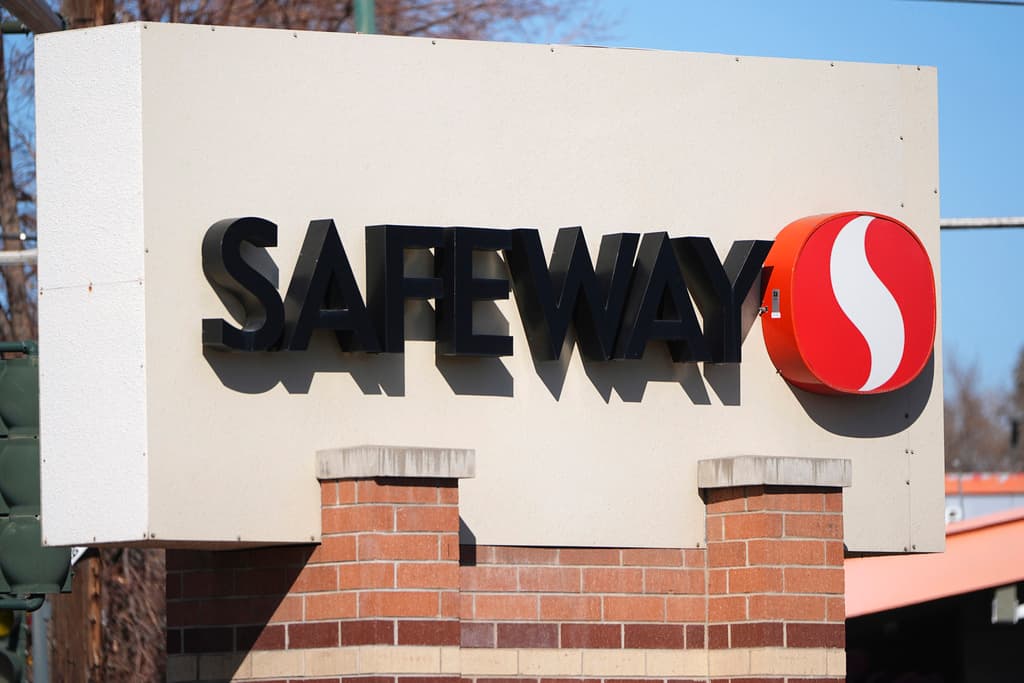On Monday, Denver City Council unanimously voted to spend another $6.7 million on fast fixes to people’s housing problems in an effort to prevent or quickly end bouts of homelessness.
The idea behind the Department of Housing Stability’s rapid resolution and housing programs is that homelessness is easier — and cheaper — to prevent than resolve. And the longer someone is unhoused, the harder it is to get out of homelessness, and the more debilitating trauma they will likely experience.
“We're sparing the households that we serve a lot of trauma by exiting them so quickly,” said Kevin Kelly, a program officer for the housing department. “We're keeping them from languishing within the homelessness resolution system.”
The city’s Department of Housing Stability is spreading millions of dollars across several nonprofits to help people stay housed or get them back in housing quickly. The vote on Monday continued services that the city has been offering for several years.
The Salvation Army, an organization that recently lost other homelessness contracts with the city, will get around $5 million for rapid rehousing. The contract will go through June 2026.
The Denver Rescue Mission, Senior Support Services, the Saint Francis Center and Volunteers of America also received more than $500,000 each for rapid resolution work, while several other organizations will receive less.
These contracts are expected to go through June 2027. Like many recent homeless services contracts, extending the contracts has taken the city months.
Council approved funding for the programs with little debate.
How does rapid rehousing work?
For example, if a person has an automobile emergency, they could get rapid resolution money to cover the repairs, giving their finances time to recover and allowing them to continue paying rent. The idea is to help them avoid the trauma, mental health and addiction challenges that often accompany street homelessness and emergency shelter life.
If a person becomes homeless and heads to a shelter, case workers might help the individual or family connect with friends and relatives and explore alternative solutions — instead of sending them straight into the shelter system.
The program doesn’t just help people avoid trauma. It is also tens of thousands of dollars less expensive for the city than bringing an individual from an encampment indoors, officials said.
“It's worth noting that around 66 percent of people experiencing homelessness will self-resolve on their own,” Kelly said. “So when we're thinking about that remaining 30 to 34 percent of folks who need services, rapid resolution has a pretty big role to fill in terms of who is going to be able to take advantage of the model.”
Instead of treating individuals experiencing homelessness as a mob with shared experiences, the program helps the city tailor solutions to the needs of each person or household. Doing so, the city hopes to reduce demand at emergency shelters and long-term temporary housing in hotel rooms and tiny homes.
The city has more work to do to evaluate how well the program is working and how often families re-enter homelessness after receiving the support, housing department head Jamie Rife told a city council committee last month.
The Salvation Army is resuming contracting with the city.
The Salvation Army has been running the city’s hotel-style shelters, but the city is replacing the organization with new contractors in 2026. That was the culmination of rising tensions between the charity and the city.
But council members say the Salvation Army is better equipped to manage the rapid rehousing contract.
Councilmember Shontel Lewis, who led the opposition on council to renewing the shelter contracts, praised the housing department and The Salvation Army for dedicating resources to rapid rehousing.
The Salvation Army’s $5 million contract will serve about 200 individuals and households at a cost of roughly $25,000 each. While other programs in the city focus on family homelessness, this work is primarily for adult individuals and households.












